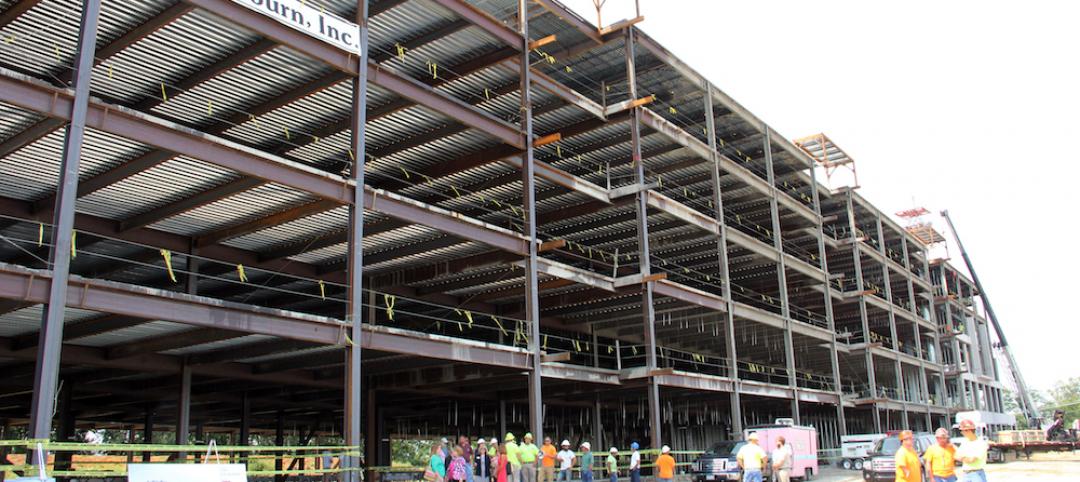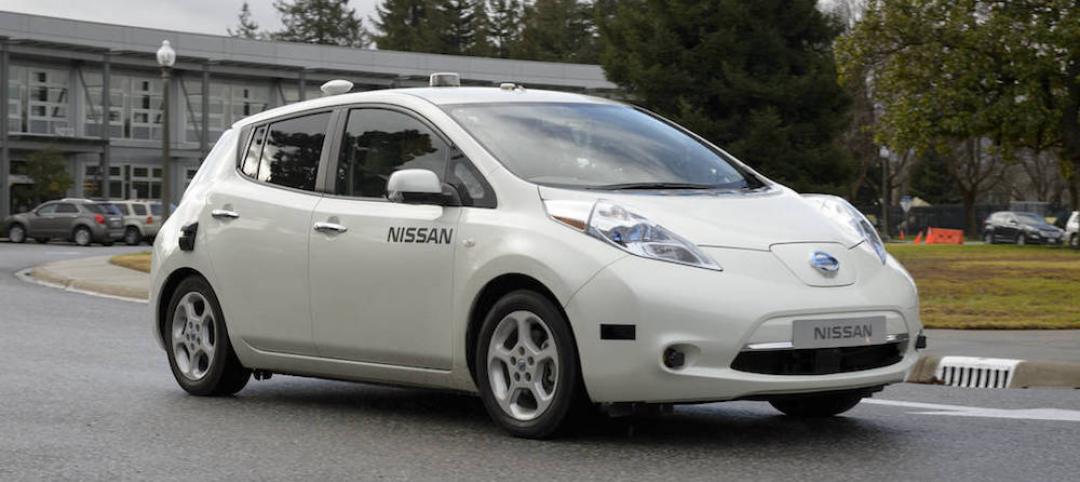According to the International Energy Agency (IEA), buildings and the construction sector combined are responsible for nearly 40% of total direct and indirect CO2 emissions.
Emerging technologies are making it possible to mitigate that impact by turning buildings into power plants, a concept called building-integrated solar power (BIPV). Rack-mounted PV arrays on rooftops are the most common way to generate solar power on buildings, but this solution has some drawbacks.
Some consider rack-mounted PVs as eyesores, particularly when considered for historic buildings. This can be a barrier to wider adoption in urban architecture.
Other options including monocrystalline solar panels, dye-sensitized solar cells, and perovskites make it possible to alter the color of solar power generating cells. This makes them more attractive than conventional PVs and suitable for use on facades and walls. In some formulations, these materials can be made semi-transparent so that they can be used for fenestration.
Related Stories
Green | Jul 6, 2016
U.S. healthcare system’s GHG emissions rise 30% in past decade
If U.S. healthcare were a country, it would rank 13th in GHG emissions.
Codes and Standards | Jul 5, 2016
State legislature fails to pass law to extend design-build for New York City projects
Would have allowed five city agencies to use alternate delivery method.
Energy | Jun 30, 2016
Energy Department partnership with CoStar Group will study sustainability impact on property valuation
Database will offer rich data set on energy-efficient buildings in the U.S.
Contractors | Jun 30, 2016
Chicago contractor found guilty of fraud on city’s requirement on minority-owned businesses
Alleged to have been sham business in bid to win city public works contract.
Codes and Standards | Jun 29, 2016
OSHA starts evaluation of construction industry noise standards
New studies indicate significant number of construction workers suffer hearing loss.
Seismic Design | Jun 28, 2016
ASTM International updates seismic risk standards
Expected to improve consistency of risk evaluation on commercial real estate transactions.
Codes and Standards | Jun 17, 2016
Feds publish framework for evaluating public-private partnerships
No single factor determines whether a project yields stronger benefit as a P3.
AEC Tech | Jun 17, 2016
Driverless cars could soon start impacting commercial, retail project design
Offsite parking and more space for valet parking lines are among the foreseeable changes.
Codes and Standards | Jun 17, 2016
Bay State moves toward single BIM protocol on state projects
Massport’s guidelines a step forward for integrated BIM initiative.
Multifamily Housing | Jun 14, 2016
San Francisco voters approve tougher affordability requirement on new housing development
Critics charge that the measure may backfire and actually reduce new affordable units.

















